The first day of the meeting of the Superior General, the members of the General Consulta and the major Superiors of the Order
THE FIFTIETH ANNIVERSARY OF THE ARRIVAL OF THE CAMILLIANS
IN BURKINA FASO
Ouagadougou – Monday, 10 October 2016
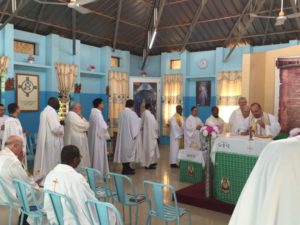 The first day of the meeting began with morning prayers and a celebration of the Eucharist when the victims of the typhoon in Haiti, and all our religious involved in providing initial emergency aid, were remembered. Prayers of thanksgiving were offered up for the happy fiftieth anniversary of the arrival of the Camillians in Burkina Faso.
The first day of the meeting began with morning prayers and a celebration of the Eucharist when the victims of the typhoon in Haiti, and all our religious involved in providing initial emergency aid, were remembered. Prayers of thanksgiving were offered up for the happy fiftieth anniversary of the arrival of the Camillians in Burkina Faso.
This week will also be a propitious moment for the canonical advance of the Vice-Province of Burkina Faso to the status of being a religious Province.
This first day was dedicated to a day of spirituality for those taking part in the meeting and for the men and women Camillian religious who are present in Ouagadougou.
In the morning, Fr. Jacques Simporé – a former member of the General Consulta – offered a talk on the subject ‘Consecrated Life in the ‘African’ Context’. Pope Paul VI, during his first apostolic visit to Africa, exhorted consecrated people to ‘make Africa the second homeland of Christ’. Some basic coordinates of consecrated life were remembered, starting with certain basic documents: the post-synodal exhortation Vita Consacrata and Ecclesia in Africa.
Tribute was paid to the Superior Generals of the Camillian Order – from Fr. Forsenio Vezzani to Fr. Leocir Pessini – who have succeeded one another and have planned, supported and encouraged the presence of the Camillians in Burkina Faso. Our historical memory allowed the various Provincial Superiors of the Province of Rome and the various Delegate Superiors and Vice-Provincial Superiors of Burkina Faso who have accompanied the growth and development of the Camillians in Africa to be remembered. Various Camillian religious from Italy and Burkina Faso are already dead: their celestial protection was invoked for the good and the progress of the Order.
The first great challenge for consecrated life in Africa is formation. What kind of initial formation and spirituality can we offer to young candidates in the context of the post-modern culture that we live in? Which discernment should be engaged in when choosing those people who provide formation and their grounding and training? How should we organise and stimulate the interest of religious in their own personal ongoing formation? How can we reconcile formation and specialisation in studies with the direct exercise of Camillian ministry?
The second challenge for consecrated life in Africa is living evangelical counsels to the full. Chastity should be lived with simplicity and joy in order to challenge a widespread mentality which holds that religious live in a ‘latent state of hypocrisy’. The religious vow of poverty must take into account the very close family ties that religious live for the whole of their lives. Given this, they feel the need to share some of their communal resources with their family relatives as well. This must be done in an authentic spirit of humility, of transparency, and of discernment, in agreement with their Superiors. Obedience springs from an intelligent experience and an authentic understanding of their own freedom. In the African context, authority has a very strong role in the familial and civil contexts. This good point of departure should be constantly purified in the concrete exercise of religious life as well.
The third challenge for consecrated life in Africa is life in community, experienced in the spirit of a family, in the exercise of dialogue and forgiveness.
The fourth challenge for consecrated life in Africa is community life experienced by members of different ‘ethnic groups’. From this springs a constant reinterpretation of inculturation. Only in these terms will it be possible to acquire another role: being the voice of those who do not have a voice (convinced immersion in the existential and geographical outskirts of man).
The religious of the young Province of Burkina Faso number 109 in all and their average age is about 40. They are brilliant and generous young men who will increasingly have to animate their missionary spirit, their openness to the complex and modern frailties of man. The Spirit of the Lord invites them to be grateful for their history but also to continue to plan great things, for the good above all else of sick people.
A showing of historical photographs ended the talk. These are a living testimony to the commitment of the Camillians of the Province of Rome from the outset, and the generous response from the outset of young Camillians, today adult Camillians, who have been able to take on the responsibility for leadership and ministry in the complex ecclesial, social and health-care contexts of Burkina Faso.
Groups based upon a shared language then engaged in thought and the sharing of views about the subjects defined by the challenges that had been presented in the talk (suggestions about how to live religious vows in Africa; will a single house for formation be possible in Africa, at least for Francophone Africa?; what are the expectations of our European religious as regards the African religious who are in Europe for ministry and their studies: what kind of integration is possible? And what level of cooperation should there be?).
In the afternoon, Fr. Gianfranco Lunardon offered his thoughts – in the context of the Year of Mercy and starting with the Camillian charism and Camillian spirituality – on ‘Mercy and Compassion: Ways of Humanisation’.
Find here the speech of welcome to those taking part by Fr. Paul Ouedraogo, the Vice-Provincial Superior of Burkina Faso, and the text of the Meditation that opened the meeting by Fr. Jacques Simporé.



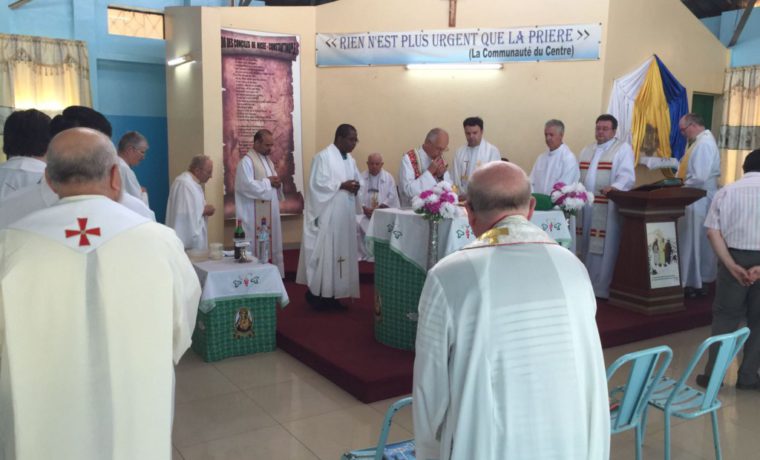
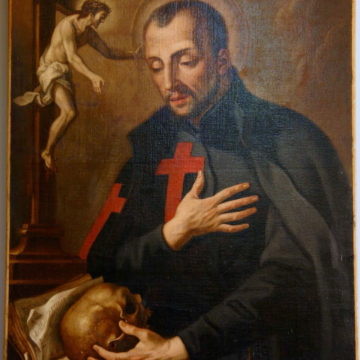


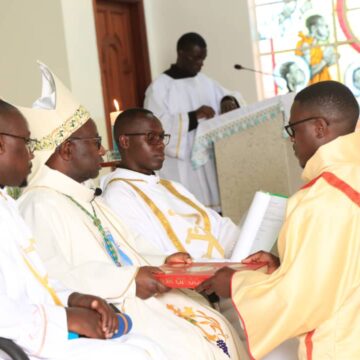
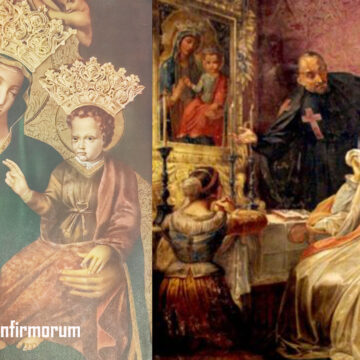

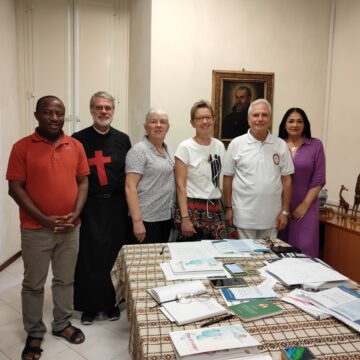

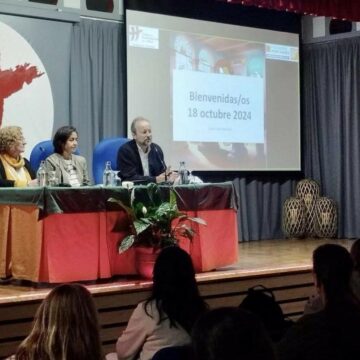
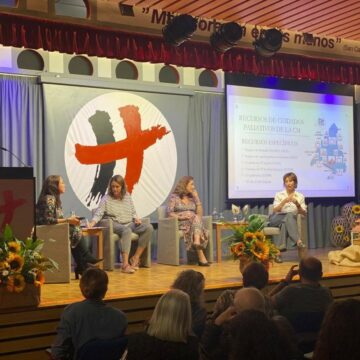
Camillians on Facebook
Camillians on Twitter
Camillians on Instagram